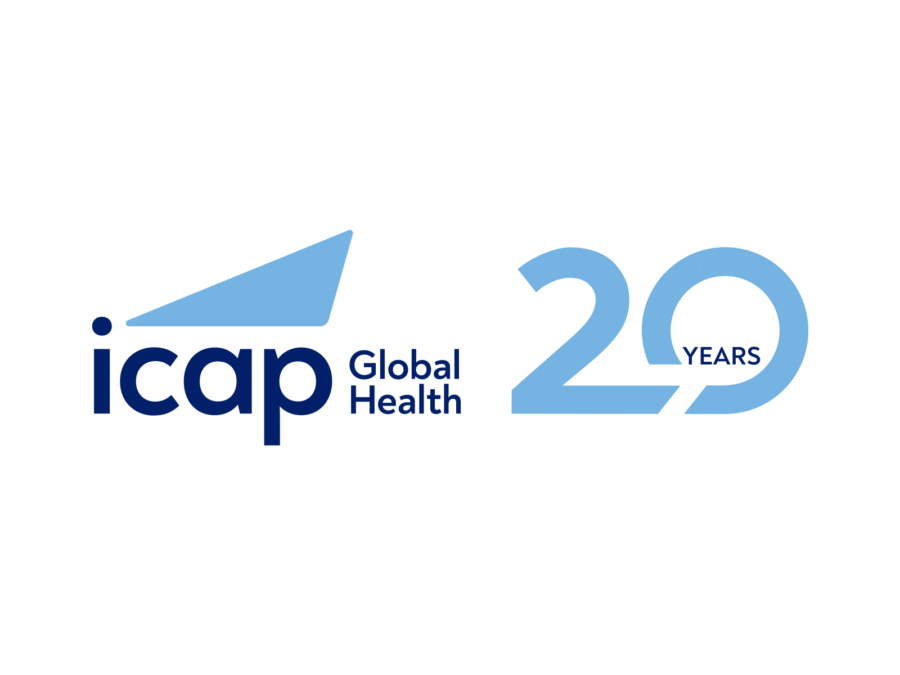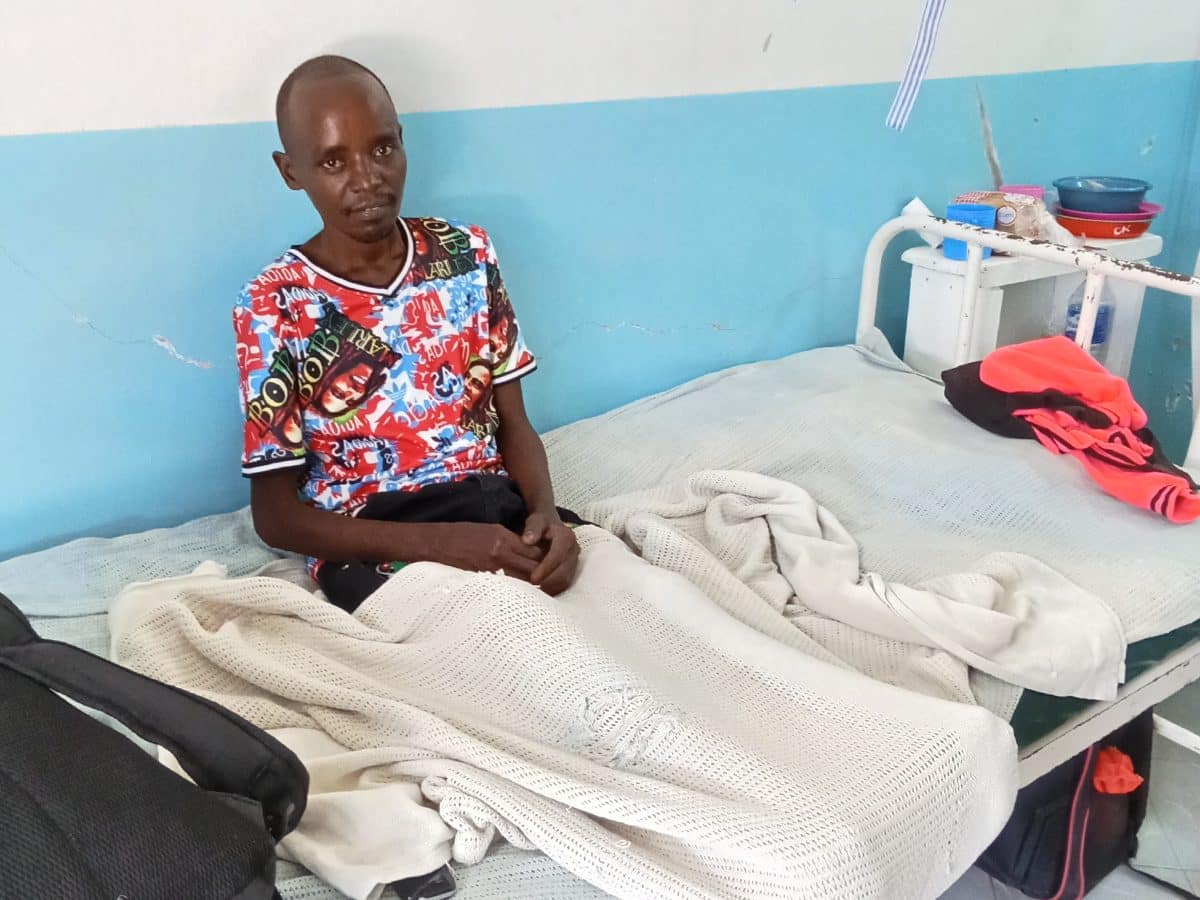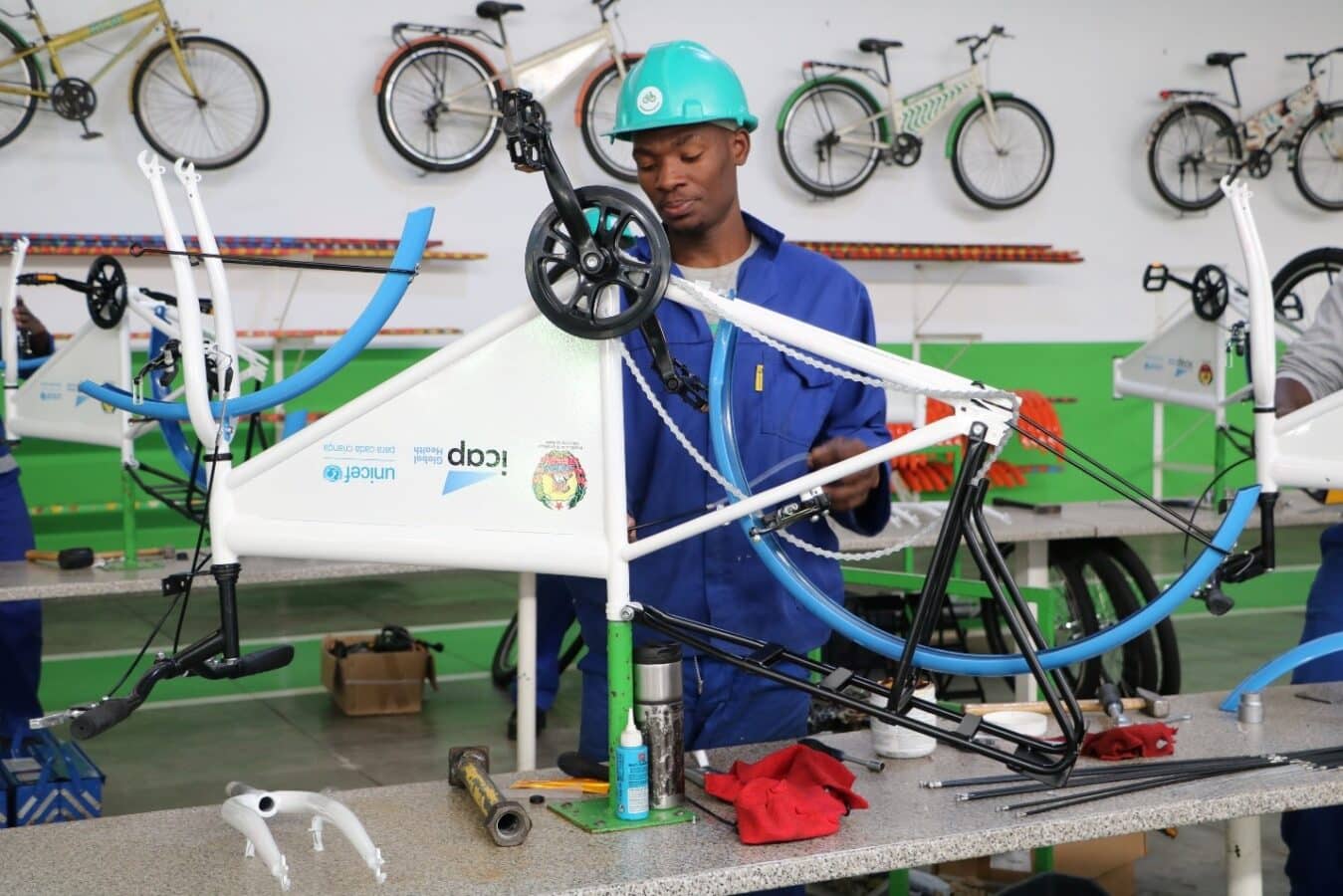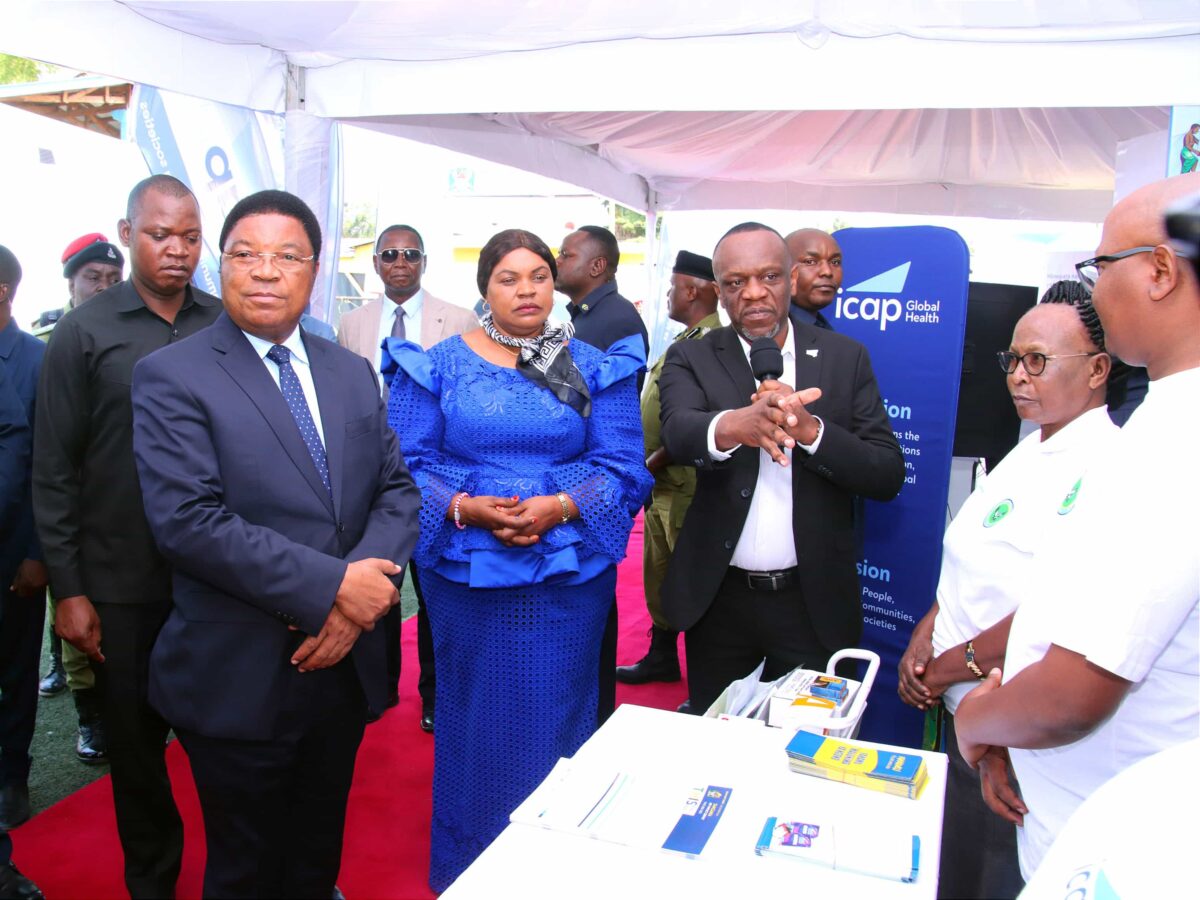In Myanmar, only one-half of all people living with HIV have access to life-saving antiretroviral treatment (ART). One of the factors impacting access is that publicly-funded HIV services are provided at central hospitals located in larger states, requiring patients to travel long distances and receive care in an unfamiliar setting. To address this barrier to care and treatment, Myanmar’s National AIDS Programme had prioritized decentralization of ART services, and in 2013 Hlaing Tharyar Township Hospital in the outskirts of Yangon, was equipped to provide HIV care and dispense ART to patients.
Despite this transition, the hospital struggled to enroll patients in HIV care. Many patients were not willing to be transferred from the central hospitals, where they were accustomed to receiving care, to sites closer to their homes. At the same time, many health care workers at the new local sites had not received adequate training to support HIV patients, effectively.
With support from PEPFAR through the CDC, ICAP partnered with the MOHS to provide on-the-job training in HIV treatment and counseling for the staff at the new ARTsites. ICAP also began partnering with groups and networks for people living with HIV, as well as facility-based medical officers and specialist physicians from ART initiation centers, to train existing peer supporters to provide patients information on new local ARTtreatment options and drive demand for the local services. In these talks, peer supporters share information on service availability and provide one-on-one counseling to interested patients. Many patients have grown to trust the peer supporters and are then willing to receive HIV care at one of the new sites where the peer is present.
“I was a little bit worried at first to receive HIV care at the local ART facility,” said a young woman living with HIV. “But a peer supporter approached me, and I felt encouraged, so I decided to receive ART at one of the hospitals closer to me. Now that I am at a new hospital, it has saved me both time and money.”
As a result of this peer support, providers at Hlaing Tharyar Township Hospital are able to engage patients in care more fully.
“With help from the peer supporters, we are able to task shift to accommodate more patients,” said Daw Nwet Nwet Htay, health assistant at Hlaing Tharyar Township Hospital. “They are able to provide counseling, schedule patients for follow-up visits, and support the referral of patients to other hospitals as needed.”
By utilizing existing peer networks to support the decentralization of HIV care, over 190 patients have transitioned their care, over the last year, from central ART centers to the new ART treatment site at Hlaing Tharyar Hospital. Through ICAP’s technical assistance, the peer model was identified as a positive opportunity to support efforts to decentralize care, ease the burden of health care workers at central ART centers, build the capacity of local health care workers to provide ART treatment, and increase access to care for people living with HIV outside of Myanmar’s major cities.
“To achieve HIV epidemic impact, it is critical to mobilize community and peer groups to take part in the provision of health care,” said Dr. Khin Nyein Chan, ICAP’s country representative for Myanmar. “Together with health care workers, they can ensure access to health services and the provision of patient-centered quality HIV care.”








